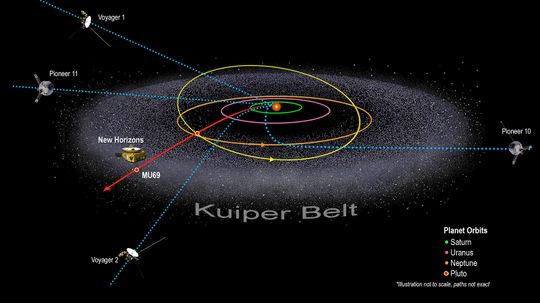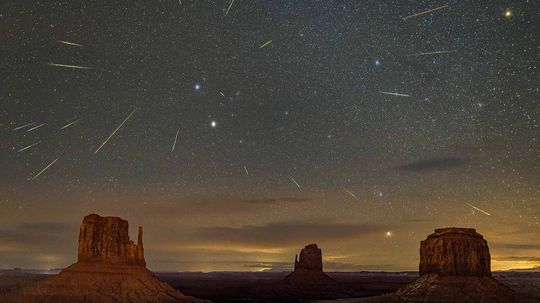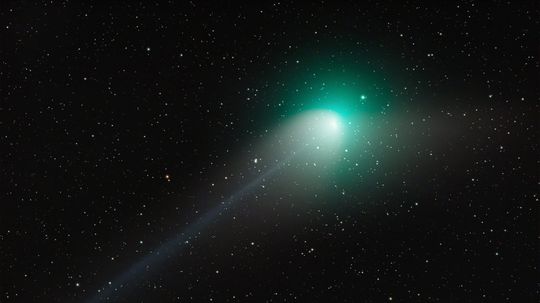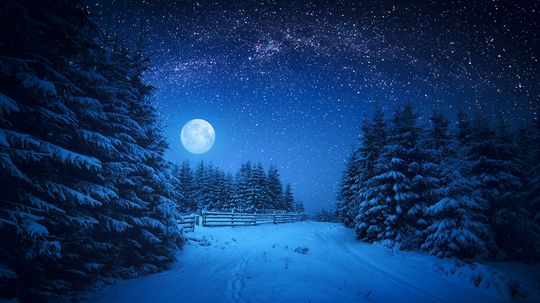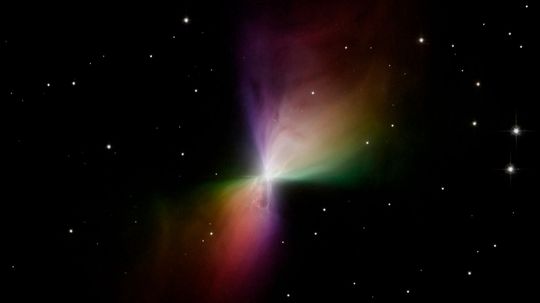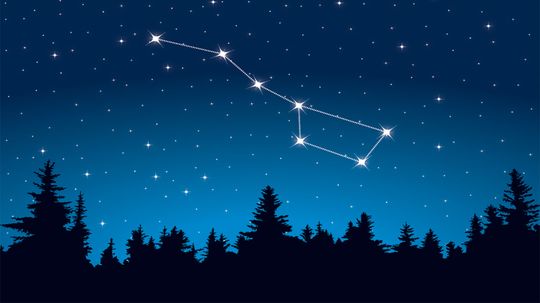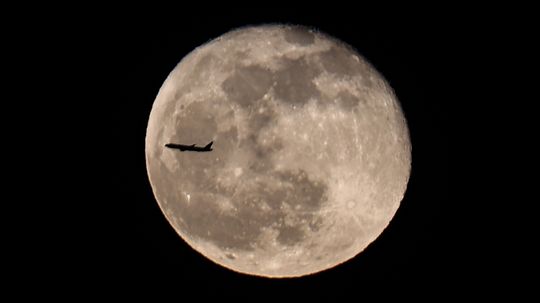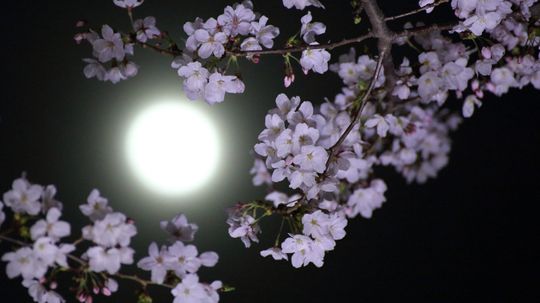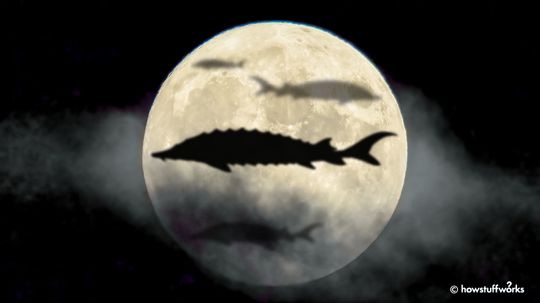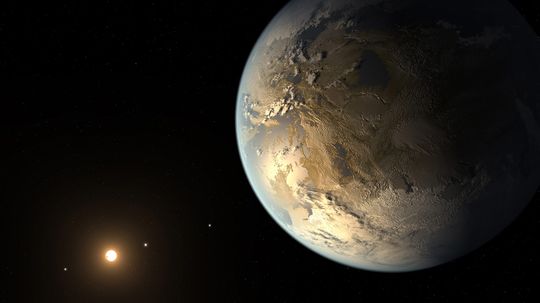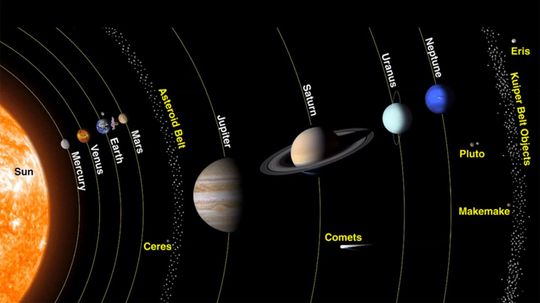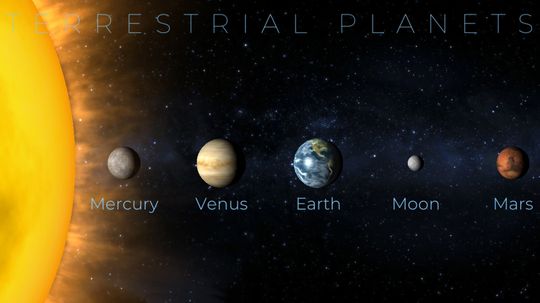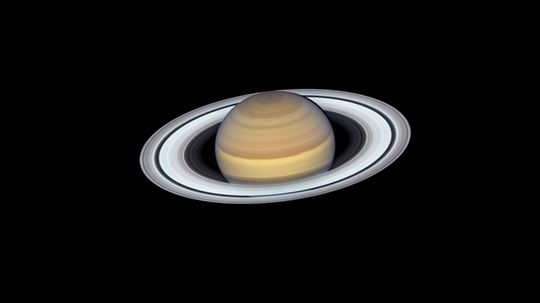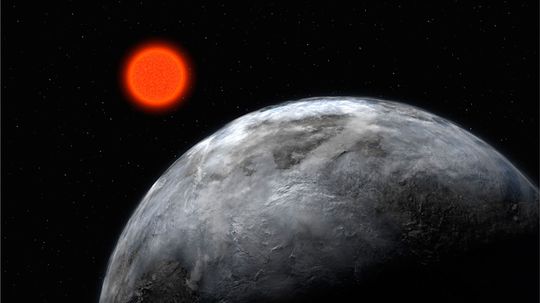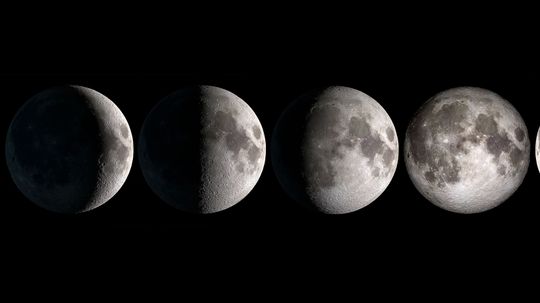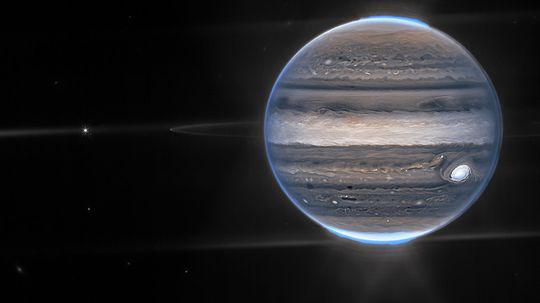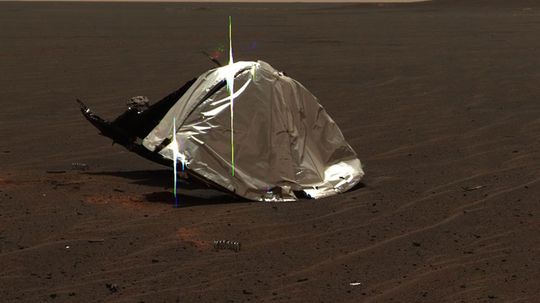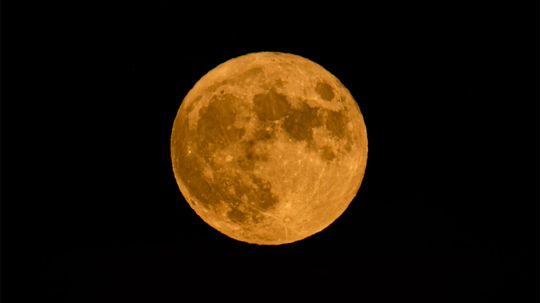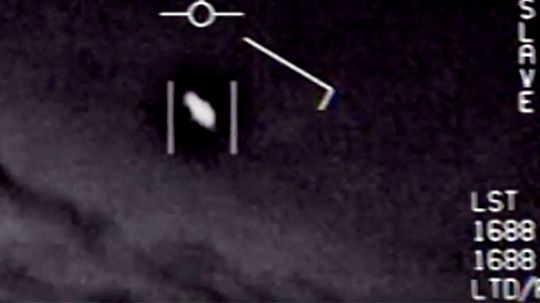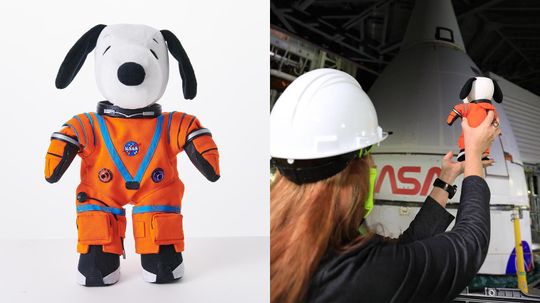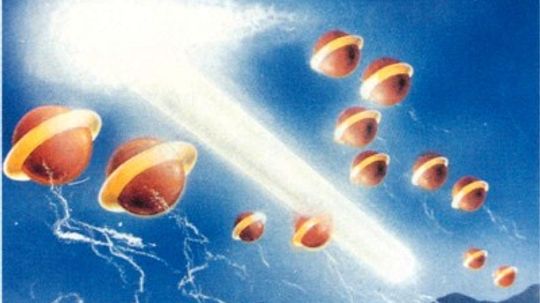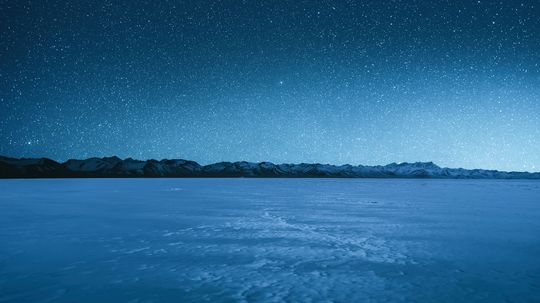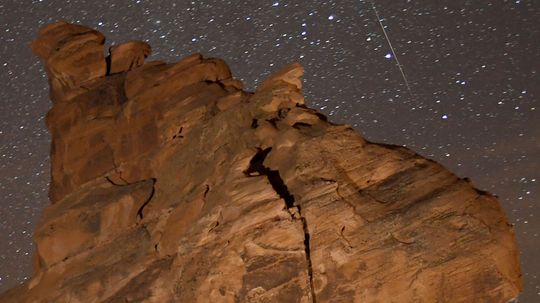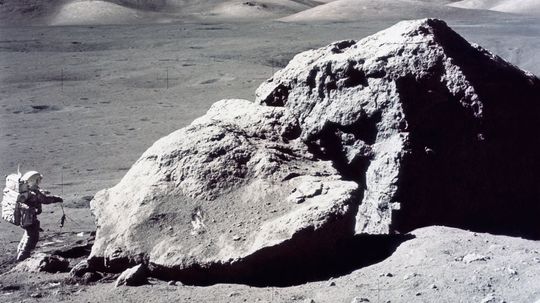Space
Explore the vast reaches of space and mankind's continuing efforts to conquer the stars, including theories such as the Big Bang, the International Space Station, plus what the future holds for space travel and exploration.
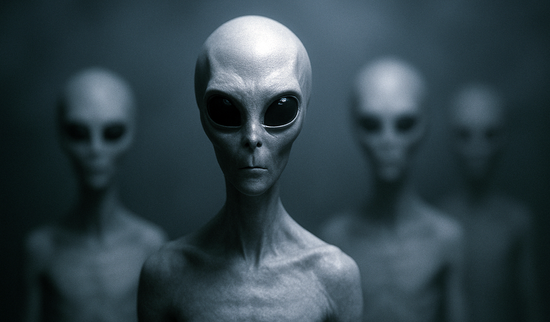
Tall Whites: The Classic Extraterrestrial Archetype
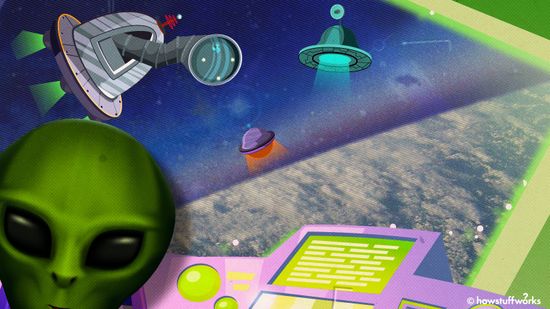
The Zoo Hypothesis: Are Aliens Watching Us Like Animals in a Zoo?
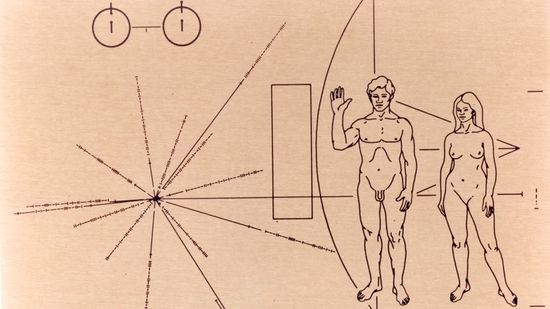
Communicating With Aliens Is Hard. Communicating With Alien AI Could Be Harder
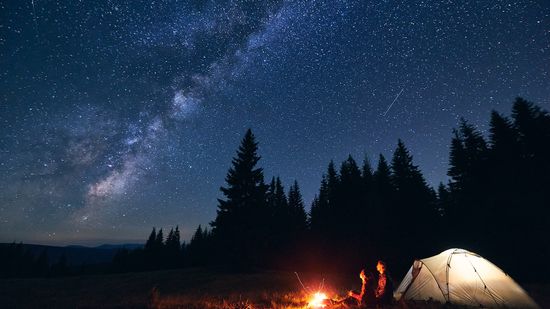
10 Types of Stars Blazing and Collapsing in Our Universe
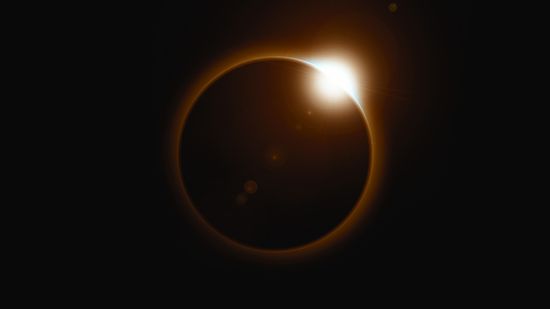
7 Types of Eclipses: Lunar, Solar and ... Hybrid?

Why a Geomagnetic Storm Makes for Pretty Skies and Tech Scares
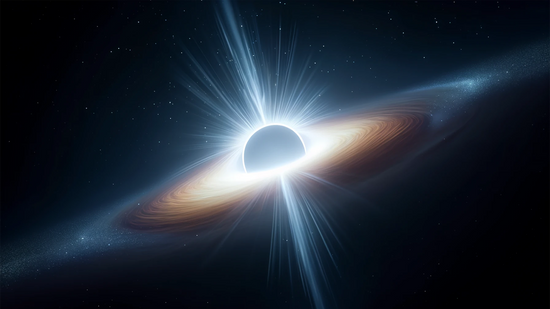
What Is a White Hole? Does the Cosmic Phenomenon Exist?
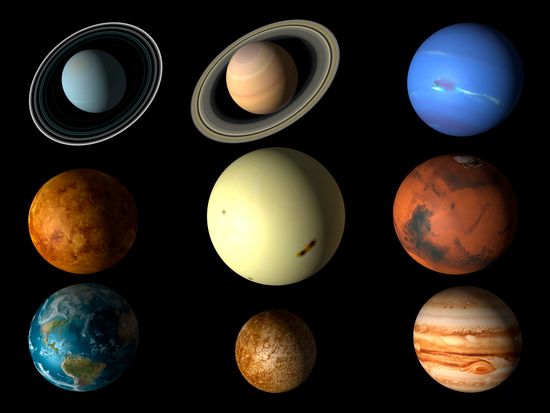
10 Best Ideas for Interplanetary Communication
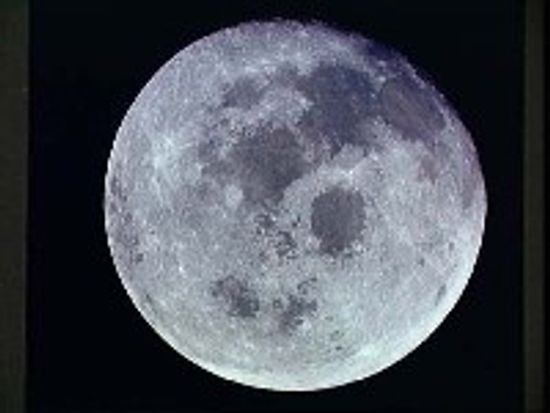
How can the moon generate electricity?
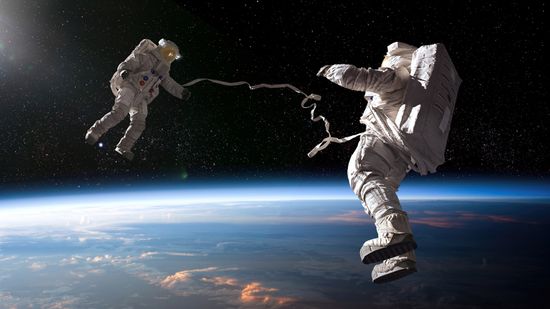
Is an Astronaut Stuck in Space a Rare Occurrence?

What Really Happened to Yuri Gagarin, the First Man in Space?
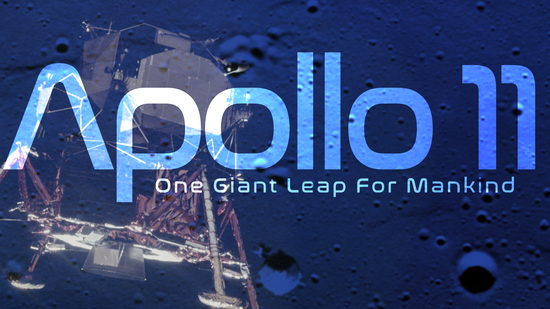
Apollo 11 One Giant Leap For Mankind
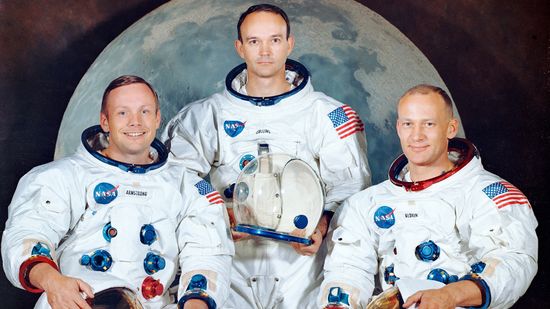
15 Famous Astronauts Who Expanded Our Universe
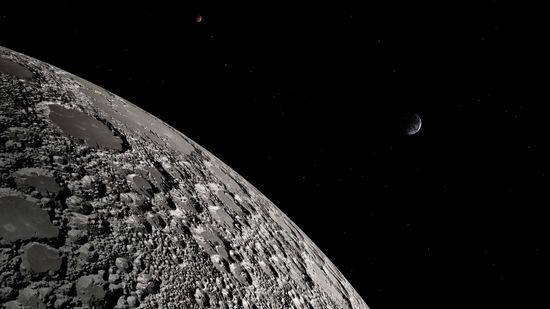
2023 India Moon Landing Was World's First at Lunar South Pole
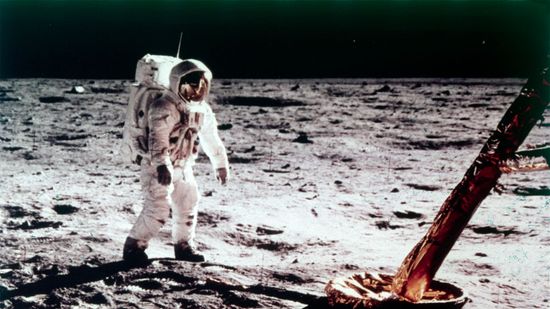
Quiz: Apollo 11, the First Moon Landing
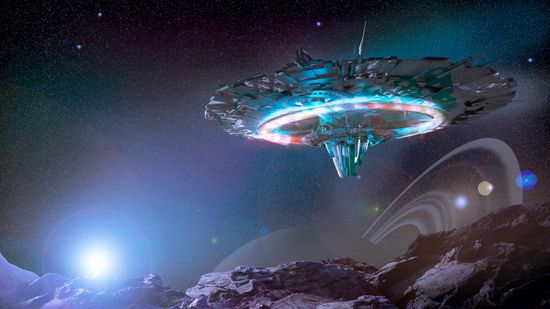
The Fastest Fictional Spaceships

10 Fictional Spacecraft We Wish Were Real
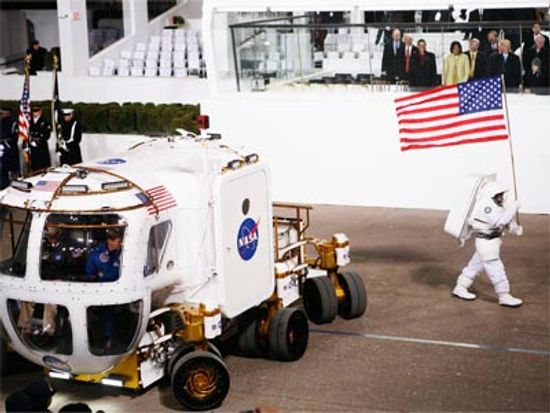
How Lunar Rovers Work
Learn More / Page 15
This doughnut-shaped ring around the sun is home to millions of comets, moons, dwarf planets and other celestial objects. What are these objects doing in the Kuiper belt?
Head's up, stargazers! Mark your calendars for the 22 must-see events this year.
News headlines talk about a rare green comet appearing in the sky. The comet itself is rare, but green comets, not so much. What makes some comets appear green?
Advertisement
February is a cold time of year, and the snow moon nickname pays homage to that. What are some other names for February's full moon and what do they mean? Plus, when can you see the snow moon?
The coldest place in the universe exists some 5,000 light-years from Earth. Do you know where it is and what it's called?
The Big Dipper is one of those star groupings everyone seems familiar with, but how much do you really know about it?
April's pink moon isn't called pink because our beloved bright white moon suddenly takes on a rosy hue. So, why is it called the "pink moon"?
Advertisement
Native American tribes have called the May moon the flower moon for centuries. The name even inspired a best-selling novel and film.
The full moon in June is known as the strawberry moon. It's a sweet name, but how did the strawberry moon get its moniker, and what else is it called?
The August 2023 full moon is known as the sturgeon moon. This year, it's also a supermoon and will be followed by a blue moon at the end of the month!
Kepler-186f was the first Earth-sized planet found within its star's habitable zone. But there's still a lot we don't know about it.
Advertisement
The four Jovian planets are officially designated as gas (and/or ice) giants. Which planets are they and what makes them so unique?
Terrestrial planets include the four closest to our sun, including Mercury, Venus, Earth and Mars. What else makes these celestial bodies terrestrial planets?
By Mitch Ryan
Move over Saturn. There are other planets in the solar system surrounded by ring systems.
By Mitch Ryan
Gliese 581c was one of the first "Earth-like" planets found, back in 2007. It generated a lot of excitement then but what about now?
Advertisement
There are eight phases in the lunar cycle and the moon is in one of them every night. What are these phases of the moon?
The solar system's largest planet will pass closest to Earth at the same time it's at opposition. That means it will be the biggest and brightest it's been in the sky in decades.
Debris on Mars comes from three main sources: inactive spacecraft, discarded hardware and crashed spacecraft. What risk does this trash pose to current and future missions?
By Cagri Kilic
In 2022, the full moon, called the hunter's moon, will occur Oct. 9. Why is it called that and when can you see it?
Advertisement
UFOs and UAPs both refer to unidentified objects in the sky, but scientists prefer the term UAP. And that's because when we hear UFO, we automatically assume aliens.
The two passengers might not be human, but they have a job to do. They're manning Artemis I to be zero gravity indicators.
In 1952, angel hair came drifting from the sky, falling over the French towns of Oloron and Gaillac. The short life of angel hair makes it difficult to analyze. Learn more about the history of angel hair UFOs.
These days, we may take the stars for granted, but it's not hard to imagine the wonder early humans must have felt gazing up at those inexplicable points of light. Naturally, superstitions were bound to develop - some more fortuitous than others.
By Bambi Turner & Sascha Bos
Advertisement
The Geminid meteor shower is one of the year's stronger displays in terms of number and size of meteors. When's the best time to see it?
Humans have made it to the moon a number of times so we know how long the journey should take.
